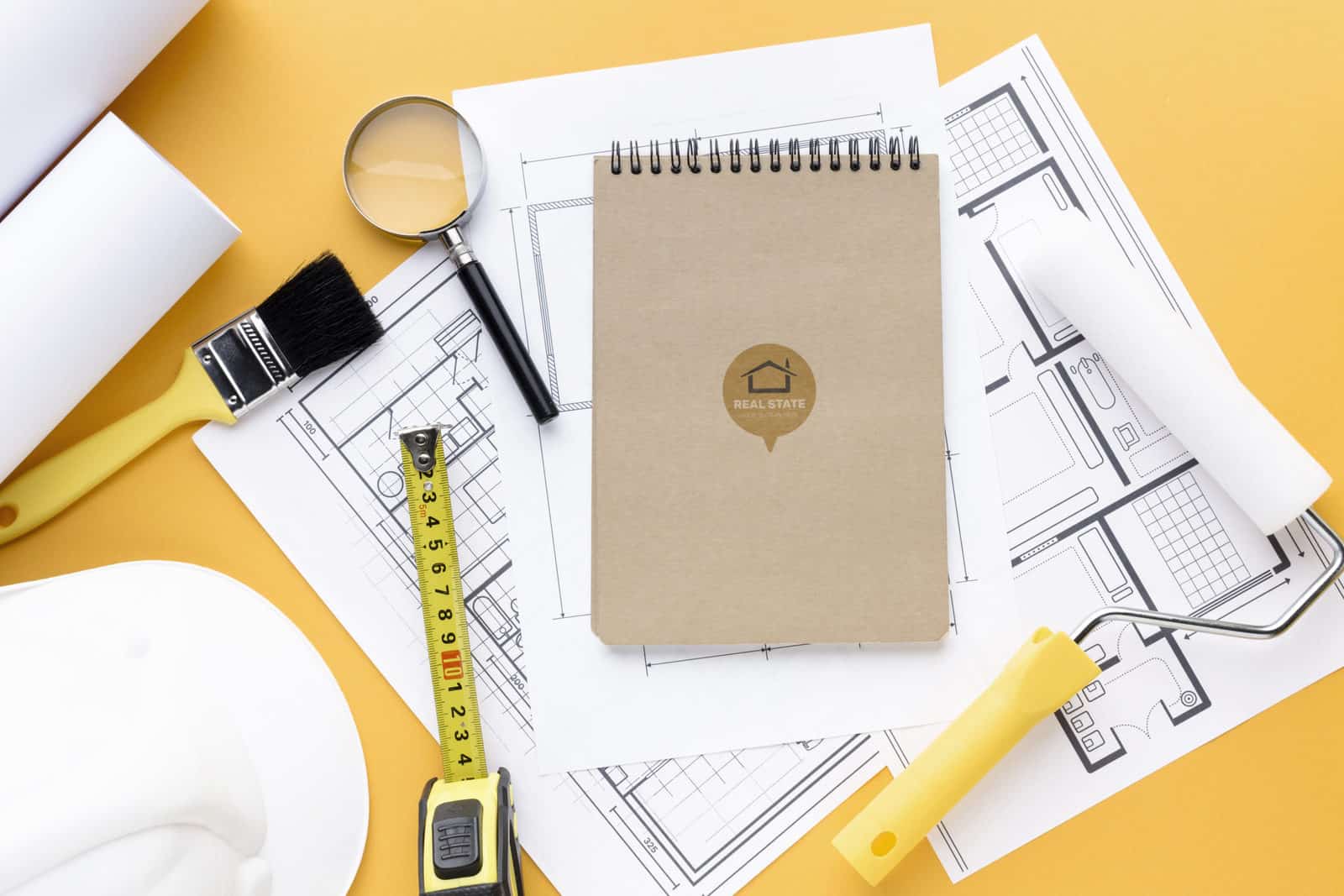What is a masonry inspection?

Masonry is the art of building a construction by assembling materials, whether or not bound by mortar. In Montreal, stone and brick are often used as building materials. However, although these materials are very durable, they are not immune to weathering and a masonry inspection may become necessary.
Why are masonry inspections important?
Masonry inspections consist of an analysis of the integrity and security of a structure according to the standards established by the Régie du bâtiment du Québec. In order to meet these standards, it is important to call upon professionals such as masonry contractors, architects and building engineers (service available at Genispec).
During the masonry inspection, these experts examine your facade or building to gain a better understanding of the condition of the coating, the materials and mortar joints, and to identify the presence of defects and nonconformities. Well-maintained masonry helps to maintain the architectural character of a building as well as a higher market value. Regular maintenance work is therefore essential to ensure the conservation of a building. An explanatory guide on the maintenance requirements of facades can be requested.
So, if you decide to buy a property, it is in your best interest to hire a building engineering expert to inspect the masonry and identify signs of degradation, so you can confidently move forward with your purchase.
What are the signs that a masonry inspection is necessary?
In order to know if a masonry inspection is necessary, there are many signs that can alert you to the state of degradation of your walls or building. The most common are:
- Efflorescence or crumbling
This is the appearance of a white, salty deposit on lime or masonry cement products caused by excess water.
- A bowed wall
This phenomenon is often seen towards the top of walls and is caused by water infiltration, deterioration of the mortar or even displacement of the exterior cladding. It is important to be vigilant and bring in an expert for a masonry inspection as degradation could cause the wall to fall. Temperature changes in the fall and spring are conducive to the development of bowed walls.
- Portions of the mortar joints are deteriorating or missing
Poor quality of the mortar or degradation over time can be reasons for the deterioration of the mortar. If you see signs of damage, it is necessary to inspect the masonry as soon as possible to prevent water infiltration and the development of bowed walls.
- Cracks in the wall
Walls cracking could be caused by any number of problems. This could be due to a sagging floor, a bowed wall, or a problem with the foundation.
- Mold
Mold has big consequences if nothing is done as quickly as possible. A simple cleaning may be sufficient if the mold has not yet had time to penetrate deeply into the wall, otherwise more in-depth work will have to be undertaken.
What are the different types of masonry inspections?

- Visual inspection
This type of masonry inspection consists of a non-exhaustive visual examination of the condition of the building components that are easily accessible and visible. The expert examines visual anomalies, the vegetation in contact, the condition of the masonry, the condition of the mortar joints, and the waterproofing of the foundation.
- Tactile inspection
This masonry inspection involves direct access to the coatings to manually examine the integrity and internal strength of the materials (brick, stone, mortar).
- Inspection using instruments
The use of thermography makes it possible to detect anomalies masked by the coatings without breaking anything. This masonry inspection technique makes it possible to identify deficiencies in waterproofing, thermal insulation of a building, water infiltration, condensation of a wall and etc.
- Intrusive inspection
This masonry inspection allows for direct access to an anomaly such as fungal contamination and confirms the results of the inspection with instruments.
Do you have any doubts about your building? Call on Genispec!
Genispec is a consulting engineering firm in Montreal whose experts are members of the Order of Engineers of Quebec. Experts in building inspections, trust our building engineers and request a free quote for your masonry inspection now. Genispec engineers will be happy to assist you.
